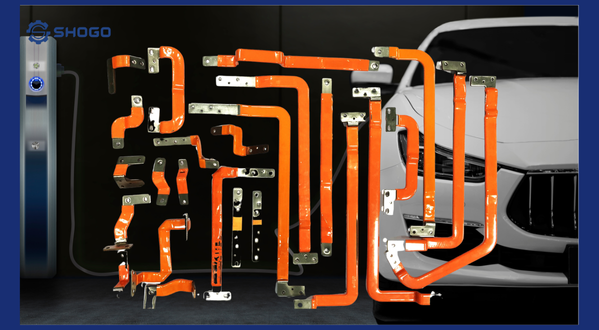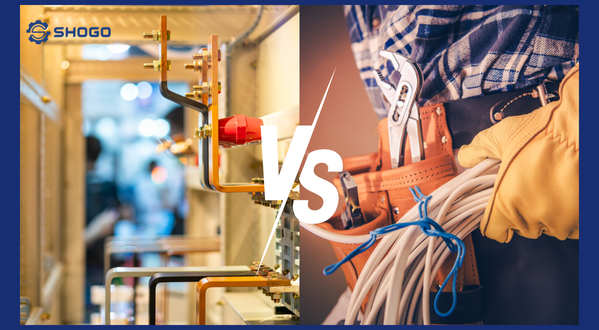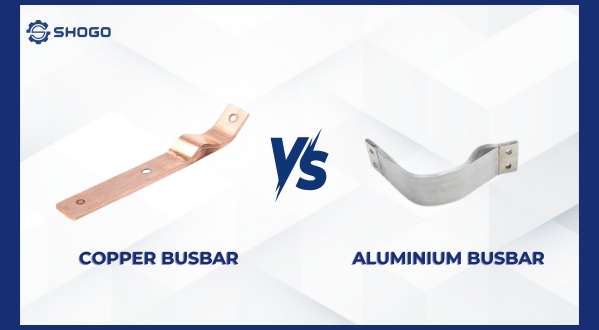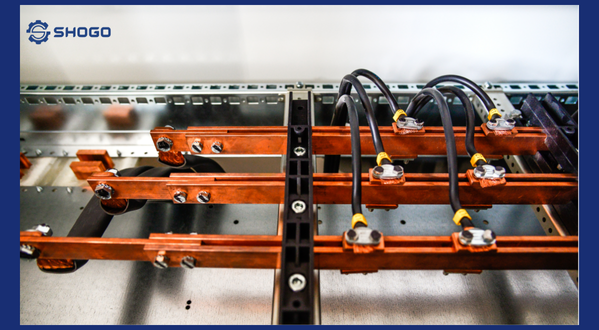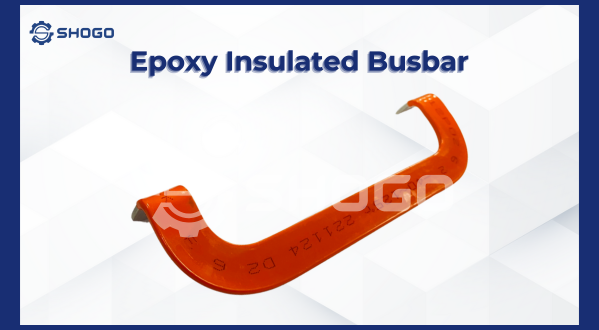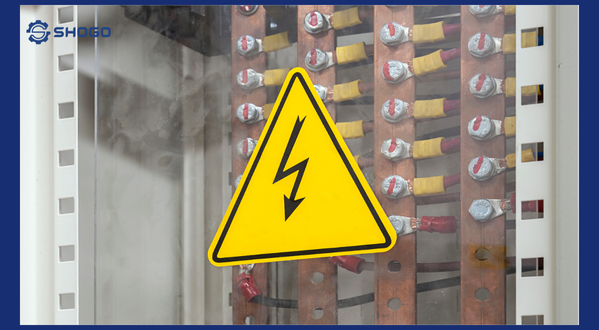
1. What is a Busbar?
A busbar is a metal conductor, typically made of copper or aluminum, with excellent electrical conductivity. It is used in electrical distribution systems to transmit and distribute electrical power efficiently. Busbars play a vital role in both industrial and residential electrical systems.
Busbars offer outstanding advantages such as the ability to carry high currents, reduce energy loss, and facilitate easy installation. Additionally, they save space and optimize electrical systems.
2. Can Busbars Withstand Humid Environments?
Busbars can operate in humid environments, but proper protection measures are necessary. Their durability in such environments depends on the material used, protective coatings, and anti-corrosion treatments.
In high-humidity conditions, busbars without adequate protection can oxidize and corrode rapidly. This reduces electrical conductivity, leads to energy loss, and may cause electrical failures like short circuits or fires.
Furthermore, in environments with chemical exposure or salty water vapor, such as coastal industrial areas, busbars are more prone to corrosion. Hence, choosing the right material and applying protective coatings are essential.
3. Factors Affecting the Durability of Busbars in Humid Environments
Several factors influence the durability of busbars in humid environments, including:
- Busbar Material: Copper and aluminum are the most common materials. Copper has superior conductivity and corrosion resistance, while aluminum is lightweight and cost-effective. Copper busbars are often tin-plated or silver-plated to enhance their resistance to moisture.
- Protective Coating: Powder coating, galvanization, or epoxy resin coatings are commonly used to protect busbars from moisture and oxidation. These coatings create a barrier that prevents direct contact between humid air and the metal surface.
- System Design: Properly designed systems using waterproof electrical enclosures and insulating accessories protect busbars from external environmental factors. Additionally, positioning busbars in well-ventilated areas and avoiding water accumulation points are crucial.
- Environmental Conditions: Humidity levels, temperature, and the presence of corrosive substances in the air (e.g., H2S, SO2, or saltwater vapor) significantly impact busbar lifespan.
- Maintenance and Inspection: Without regular maintenance, protective coatings can degrade, allowing moisture to penetrate and cause corrosion. Periodic inspections help identify early signs of damage.
Considering these factors during the design and installation of electrical systems ensures longer busbar lifespan and operational safety.
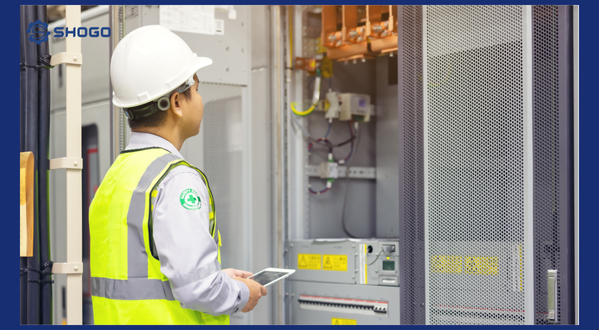
4. How to Protect Busbars in Humid Environments
To ensure busbars perform well in humid conditions, follow these protective measures:
- Use Insulating Coatings: Apply epoxy coatings or PVC covers to shield busbars from moisture.
- Install in Waterproof Enclosures: Choose electrical enclosures with an IP65 rating or higher to prevent water and dust ingress.
- Perform Regular Maintenance: Schedule frequent inspections and maintenance to detect corrosion early.
- Install Ventilation or Dehumidification Systems: Reduce humidity levels around the busbars using proper ventilation or dehumidifiers.
- Opt for Tin or Silver-Plated Busbars: These coatings enhance corrosion resistance and prevent oxidation.
5. Conclusion
Busbars can withstand humid environments if properly protected. Selecting suitable materials, using protective coatings, and installing them in waterproof enclosures are effective ways to extend their lifespan and maintain their performance.
For personalized advice or assistance in choosing the right solution for your electrical system, consult with experienced professionals.





